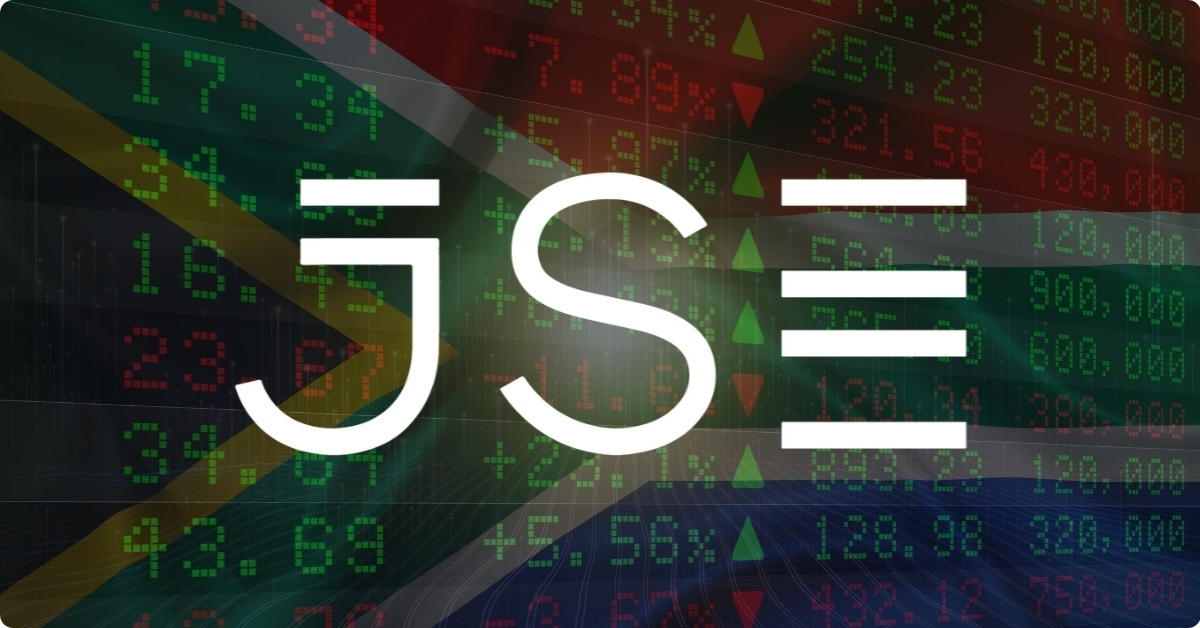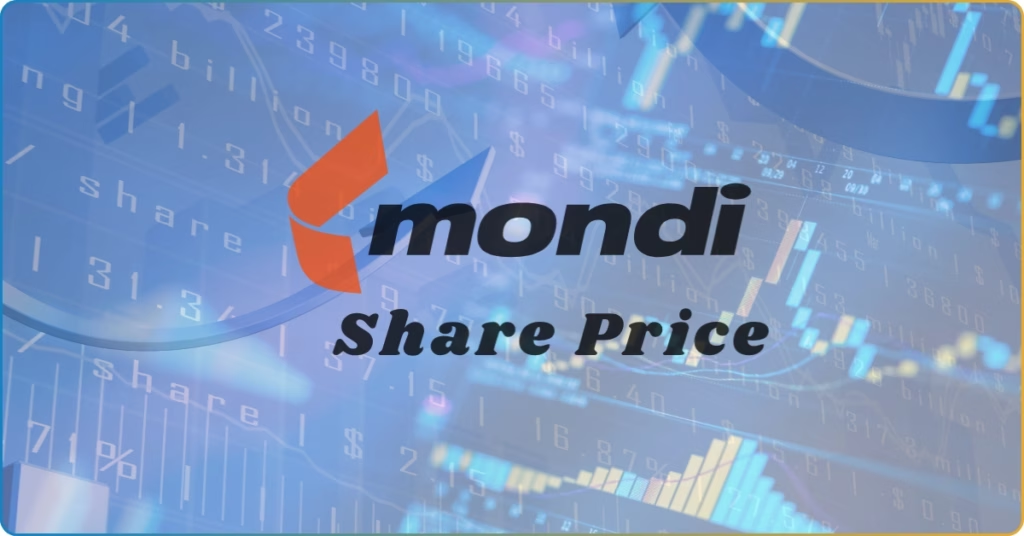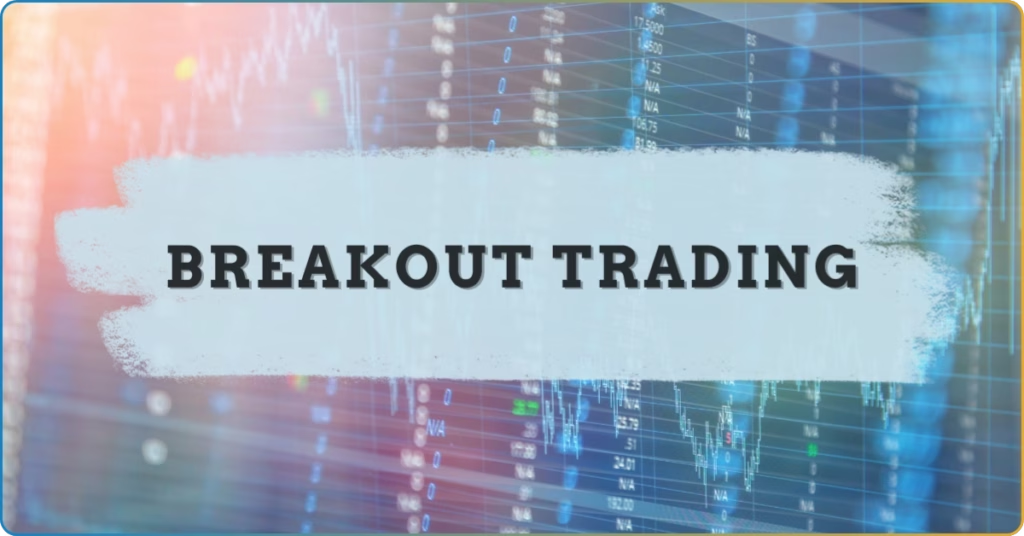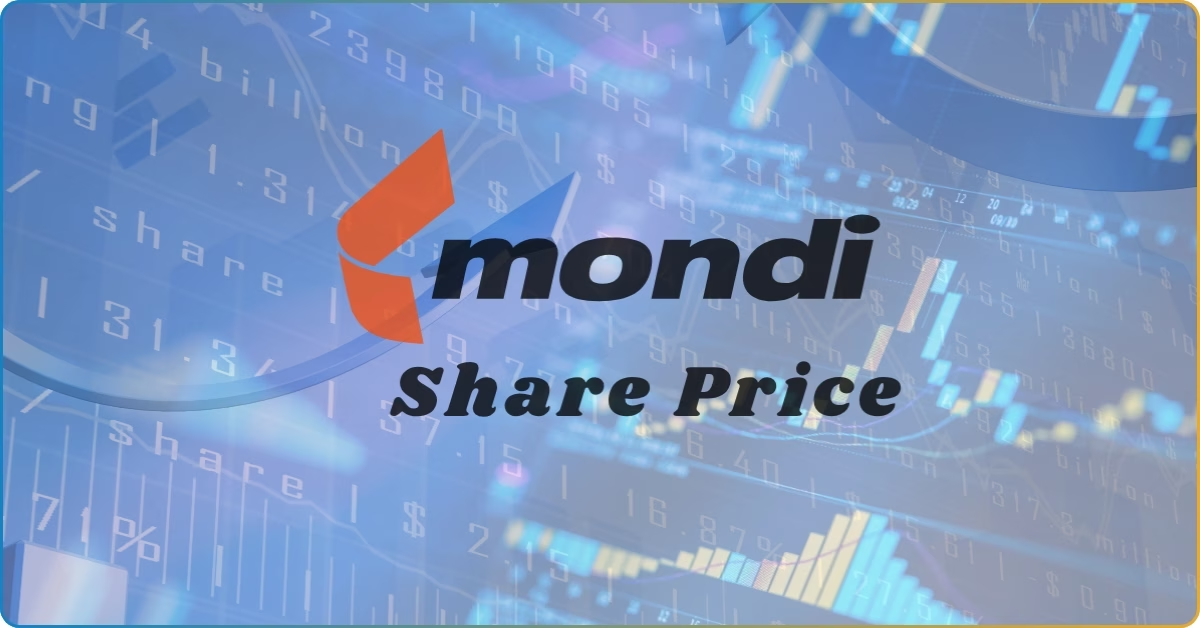A country’s economy has proven to be a powerful indicator of forex, stocks, and commodities trading.
There are numerous economic indicators to gauge the health of a certain economy. You can look at its GDP growth to see the country’s cash flow, the unemployment rate to gauge its spare capacity, and the inflation rate to measure poverty.
While these are effective, doing such can be time-consuming. An easier way to do it is by monitoring the country’s All-Share Index.
For South African traders, the JSE All Share Index (FTSE/JSE) is a valuable reference to the overall health of the South African economy.
In this article, you’ll learn everything you need to know about the JSE All Share Index, including its price today, the factors affecting its value, and how to use it to trade ZAR-denominated forex pairs.
FTSE/JSE All Share Index Price Today
| 1-year Change | 26.19% |
| 52-week Range | 69,128.49 – 87,883.9 |
The FTSE/JSE All Share Index offers investors a clear snapshot of South Africa’s equity market performance.
In 2024, the JSE All Share Index had its best third quarter since 2013. One of the major contributors to this growth is the country’s improved electricity supply. With this pressing issue addressed, South African companies’ operations became uninterrupted, hence the increase in their revenue.
Moreover, the overall South African economic health was positive.
The rand strengthened against the dollar, the country’s inflation in a continuous downtrend, and the reversal in interest rate contributed to the positive market sentiment to the South African economy – a relieving moment for South African investors.
Following this increased market confidence in the country’s economy, the FTSE/JSE All Share Index price hit its all-time high of 87,883 ZAR, surpassing 2023’s ATH of 81,337 ZAR.
What Is the FTSE/JSE All Share Index?
Listed on the FTSE Russell Group as FTSE/JSE, the JSE All Share Index is a market capitalization-weighted index that comprises South Africa’s top 40 publicly traded companies.
Despite the weighted quantity being too little compared to over 800 listed companies, these 40 companies capture around 80% of the market capitalization on the Johannesburg Stock Exchange (JSE). This makes this weighting system an essential indicator of South Africa’s economic and market performance.
Given that companies’ performances also fluctuate, the FTSE Russell does quarterly index rebalancing of the FTSE/JSE. This ensures that the index effectively and accurately reflects the overall health of the South African economy.
Top 10 Constituents
Effectively gauging the movement of the FTSE/JSE includes analyzing the performance of the index’s top 10 constituents.
These 10 companies typically represent a large portion of the index’s total market capitalization. This means that a decrease in their stock values weakens the index’s performance, and vice versa.
Naspers
A global consumer internet group and one of the world’s largest technology investors, Naspers is known for its vast portfolio in online classifieds, payments, and food delivery services.
It has a significant stake in Prosus, a global consumer internet group and another top constituent of the JSE All Share Index.
FirstRand Limited
A major financial services provider in South Africa, FirstRand operates brands such as FNB, RMB, and WesBank.
It plays a pivotal role in banking, investment, and insurance, making it a key driver of the financial sector within the index.
Standard Bank Groups
One of Africa’s largest financial institutions, Standard Bank offers banking services across 20 African countries.
Its strong presence in both retail and corporate banking makes it a cornerstone of the financial sector.
Capitec Bank Holdings Ltd
Known for its low-cost banking model, Capitec has transformed South Africa’s retail banking industry.
Its consistent growth and focus on simplicity and transparency have made it a favorite among investors.
Prosus
A global consumer internet group and technology investor, Prosus has a strong presence in online classifieds, food delivery, and digital payments.
Prosus’s large stake in Tencent, a leading Chinese tech giant, makes it influential in global markets.
Gold Fields
Gold Fields is one of the largest gold mining companies in the world, with operations across Africa, Australia, and the Americas.
As a part of the resources sector, its performance is closely tied to global commodity prices.
Anglo American
Anglo American is a leading global mining company with a diversified portfolio that includes diamonds, copper, and platinum. It is a major player in South Africa’s resources sector and is influenced by commodity demand and pricing.
MTN Group
MTN Group serves millions of subscribers as a prominent telecommunications provider in Africa and the Middle East. Its growth is driven by mobile connectivity and data services demand across emerging markets.
British American Tobacco PLC
A global leader in the tobacco industry, British American Tobacco has a diversified portfolio of products, including reduced-risk alternatives. Its performance is closely tied to consumer demand and regulatory environments.
Compagnie Financiere Richemont AG
Richemont is a leading luxury goods company known for luxury brands such as Cartier and Montblanc. Its presence in the index highlights South Africa’s ties to global luxury demand and consumer spending trends.
FTSE/JSE’s Major Sector Drivers
While entities from any sector can be listed on the JSE, and while the JSE All Share Index is a broad-based index, there are major sectors that drive the index’s performance.
A strong performance from these three major sectors will likely boost the health of the index and the overall economy of South Africa. Conversely, when these sectors weaken, the index and the country’s economy follow suit.
Resources
The resources sector is highly influential within the FTSE/JSE All Share Index.
Given South Africa’s rich mineral and metal reserves, the performance of companies like Gold Fields and Anglo American often mirrors global commodity price movements.
Financials
Banks and financial institutions like FirstRand, Standard Bank, and Capitec make up a substantial portion of the index.
The performance of the companies in this sector is extremely sensitive to interest rates and inflation changes.
Industrials
The industrial sector encompasses companies involved in construction, manufacturing, and services. The demand for these companies strongly indicates positive economic health due to boosted gross domestic product (GDP) growth and positive cash flow.
The performance of this sector is likely to move with the country’s unemployment rate and labor unrest.
Political Unrest and Uncertain Government Policies Drag FTSE/JSE’s Price Down
Political stability and consistent government policies should be apparent for foreign investors to be confident in investing in the country.
If not, it serves as a red flag because instability in such policies reflects the authorities’ ineffective policymaking – eliminating a conducive environment for investors.
Political events, policy changes, or economic instability in South Africa can lead to a decline in the FTSE/JSE All Share Index.
International investors monitor such changes closely, as these often lead to fluctuations in the South African Rand (ZAR) and affect the overall index performance.
Monitor FTSE/JSE to Trade ZAR-Denominated Forex Pairs
Again, the JSE All Share Index reflects South Africa’s economic health. Since economic health is a strong indicator of currency strength, FTSE/JSE is also a great tool to gauge the potential movement of ZAR in the forex market.
Since the index is denominated in ZAR, changes in the index often mirror the strength of the South African rand.
- Rising Index: A stronger FTSE/JSE index can indicate economic stability or growth, potentially leading to a stronger ZAR.
- Falling Index: A weaker index can signal economic challenges, weakening the ZAR.
Following the index’s price movements, traders can better anticipate ZAR trends and make more informed forex trades involving ZAR pairs, such as USD/ZAR and EUR/ZAR.
The Importance of Analyzing the FTSE/JSE All Share Index
The FTSE/JSE All Share Index stands as a key indicator of South Africa’s market health and overall economy. Its diverse sector representation and top-performing companies make it a reliable metric for gauging market sentiment.
Tracking this index and understanding its price movements can reveal valuable insights for investors and traders, helping them make well-informed decisions in the stock and forex markets.
Curious about opportunities in the South African financial market? Join TradersUnited to connect with others, share insights, and learn from collective experience to grow together.

















